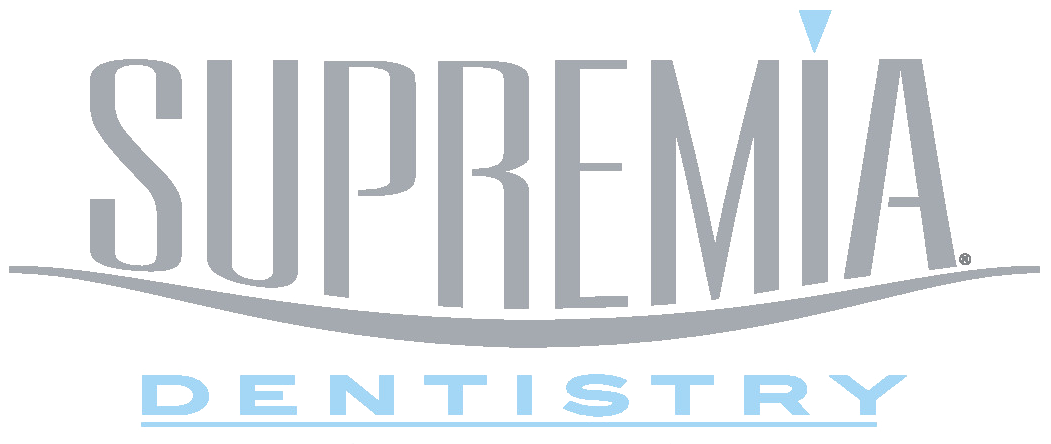😌 The Truth About Sedation Dentistry
| 💉 Sedation = Safe & Common | Dentists use sedation regularly — it’s not dangerous when done by professionals. |
| 🛌 Not Always Unconscious | Sedation levels vary; you’re often awake but relaxed, not “knocked out.” |
| 😂 Laughing Gas Myths Busted | Nitrous oxide relaxes you, but you won’t blurt secrets! |
| 💡 Laughing Gas = Old School | Newer sedation options (IV, oral meds) are often preferred over laughing gas. |
| 💰 Sedation ≠ Huge Bill | Many affordable options — ask your dentist and check insurance! |
| 🦷 Regular Checkups > Sedation | Routine care prevents issues that need sedation in the first place. |
| 👨⚕️ Talk to Your Dentist | Your dentist tailors sedation to your needs — don’t fear, ask questions! |
A trip to the dentist should be part of your regular preventative maintenance healthcare routine. Unfortunately, with so many myths out there about the pain that comes with dental care, people wait until it’s too late for preventative measures to go! What could have been a pain-free experience becomes uncomfortable because of their own choices to avoid a visit.
Falling for the fables surrounding dentistry keeps many people from making routine checkups part of their regular healthcare practice. If you want to avoid painful visits, head to the dentist regularly to catch problems early.
But when it’s too late, those problems may turn into issues that have to be fixed with procedures that involve sedation. With that recommendation from your dentist comes the fear of more myths. The first thing you’ll probably ask is, “Is sedation dentistry dangerous?” The truth is that it’s just a simple part of dental care used by specialists regularly.
If your dentist recommends a procedure involving sedation dentistry, put the brakes on your initial myths-based fear and get to know the truth instead.
The Truth Behind Sedation Dentistry
When you let the stories you’ve heard determine how you feel about getting your oral healthcare addressed, it can be dangerous. Instead of allowing myths to rule your health, learn the truth behind them.
What’s the deal with laughing gas?
Many people ask if dentists still use laughing gas for sedation. The idea behind being sedated is that you’re put in a state of unconsciousness. The level of that lack of consciousness depends on the type of sedation used.
Laughing gas used to be the most common form of sedation in dentistry, but it is now outdated, and other sedation methods are preferred. The worry was always the question, “Does laughing gas make you say stuff?” or “Does laughing gas make you tell the truth?” The truth is that this gas does relax you and removes your internal filter, but you’re still conscious.
Laughing gas is nitrous oxide. It relaxes you into a state of uncaring concern, so you could technically say things you don’t mean. But your chances to talk are minimized since you’re having a procedure done where your mouth movement is restricted, and after your treatment, the sedation wears off quickly.
What are the benefits of wisdom teeth removal with laughing gas vs. anesthesia?
One of the most requested sedation types is laughing gas because it’s administered through a tube rather than a needle. But there are advantages and disadvantages to this form of sedation that your dentist can talk to you about.
Anesthesia in the form of IV sedation dentistry is another standard method. If needles don’t increase your anxiety, but the dental procedure’s idea does, IV sedation is the perfect solution. It gives you almost immediate relaxation because the medicine goes directly to your bloodstream.
Will I have a huge bill with my sedation?
Never let the fear of a big dental bill keep you from going for a necessary procedure. Different types of sedation will fit your budget and may go along with your oral healthcare needs. Talk to your dentist to find out which options are best for you.
Because technology has made it so much easier and cheaper to manufacture sedation ingredients, you might be pleasantly surprised to see the reality of the cost of your preferred method of sedative! Talk to your dentist about the different options and whether your insurance may help cover any of them.
Get Your Sedation Answers with Supremia Dentistry
When you have questions about any dental concerns, including sedation, you want to get answers from the experts. At Supremia Dentistry, our professionals will explain each aspect of your oral health needs and answer any questions. Before you let the myths decide your healthcare actions, schedule your appointment, and learn the truth behind your concerns today!
